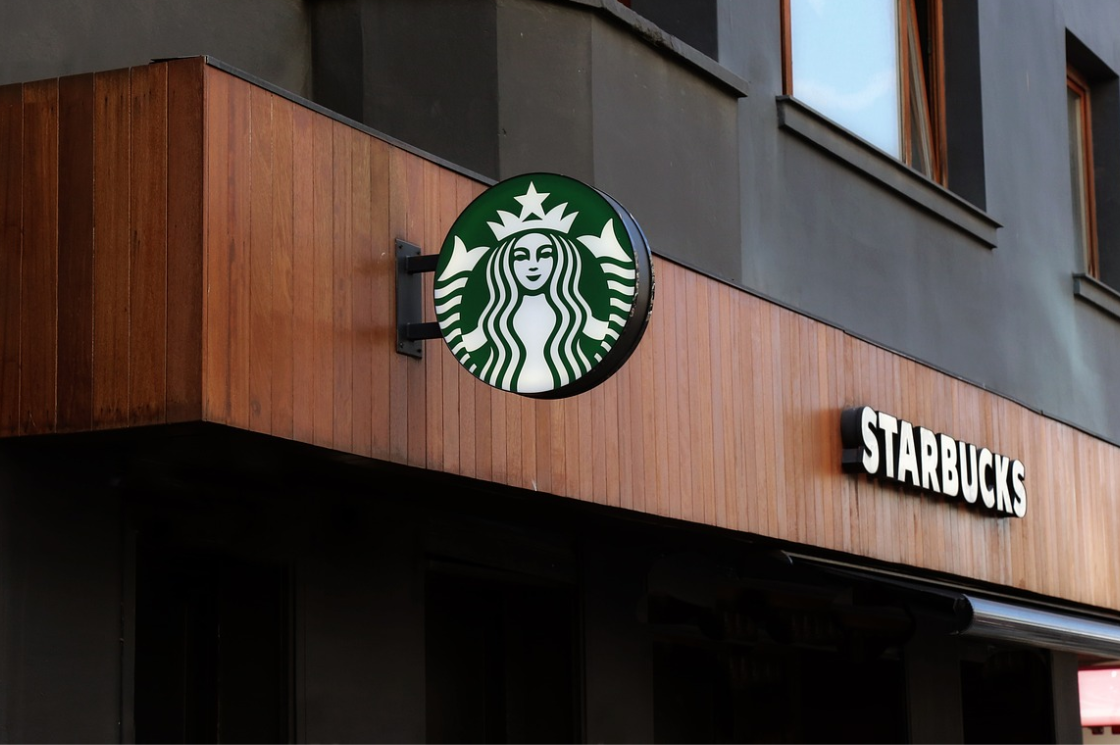
(Photo : Pixaby)
- Starbucks lost an appeal against a National Labor Relations Board ruling for unlawfully terminating two unionizing baristas.
- The court found substantial evidence of Starbucks' unfair labor practices, but ruled the NLRB overstepped its authority by ordering Starbucks to pay foreseeable expenses.
- This case marks the first time a federal appeals court has considered broader challenges to NLRB enforcement powers.
- The outcome of this case could influence future labor laws and the balance of power between corporations and their workers.
In a significant development, a federal appeals court has largely dismissed Starbucks' appeal against a National Labor Relations Board (NLRB) ruling. The coffee giant was found guilty of unlawfully terminating two Philadelphia baristas who were attempting to form a union. The 3rd U.S. Circuit Court of Appeals stated that Starbucks lacked the standing to challenge the constitutionality of NLRB administrative law judges. This could potentially impact companies like Amazon.com, Trader Joe's, and Elon Musk's SpaceX, which have been trying to limit the agency's enforcement powers.
The three-judge panel, led by Circuit Judge Thomas Ambro, found substantial evidence supporting the NLRB's conclusion. Starbucks had engaged in unfair labor practices by firing Echo Nowakowska and Tristan Bussiere from their South Philadelphia store and reducing Nowakowska's hours. The court also found substantial evidence that Starbucks was aware that the baristas had recorded meetings with supervisors without their consent before the firings. Starbucks' claim that it need not rehire the baristas with back pay because it discovered the improper recordings only later was rejected.
However, the Philadelphia-based court stated that the NLRB had overstepped its authority by ordering Starbucks to pay the baristas' foreseeable expenses resulting from their firings. These could have included costs of finding new jobs and out-of-pocket medical expenses. Starbucks claimed it fired Nowakowska in January 2020 because she performed poorly and mistreated customers and fired Bussiere the next month because he spread a false rumor that another barista would be fired.
Starbucks' Standing and Broader Implications
This case marks the first time a federal appeals court has considered broader challenges to NLRB enforcement powers, including whether its administrative law judges were unconstitutionally shielded from presidential removal. Judge Ambro stated that Starbucks lacked standing to challenge the removal protections because it could not demonstrate harm.
The case has drawn attention to the ongoing struggle between corporations and their employees over labor rights. Many Starbucks workers have accused the Seattle-based company of unfair labor practices, which it has denied, amid a campaign by workers to unionize stores nationwide. This campaign included strikes this month at more than 300 stores, according to Starbucks Workers United.
In a similar vein, Amazon.com recently agreed to implement safety measures at all of its U.S. facilities to settle a federal agency's claims that it failed to prevent workers from developing back problems and other ergonomic injuries. The company will adopt measures such as adjustable height workstations, ergonomic mats, harnesses, and job rotations at all of its fulfillment, sorting, and delivery centers and establish a process to review and correct hazards identified by workers.
Historical Context and Future Implications
In another case, the U.S. Department of Justice alleged that CVS knowingly contributed to the opioid crisis. This highlights the increasing scrutiny and legal challenges faced by corporations in various sectors.
The Starbucks case is reminiscent of historical labor disputes, such as the landmark Pullman Strike of 1894, where workers fought against wage cuts and poor working conditions. The strike led to significant changes in labor laws, including the establishment of Labor Day as a federal holiday. Similarly, the current case could potentially influence future labor laws and the rights of workers in the face of corporate power.
* This is a contributed article and this content does not necessarily represent the views of btin.co.in









